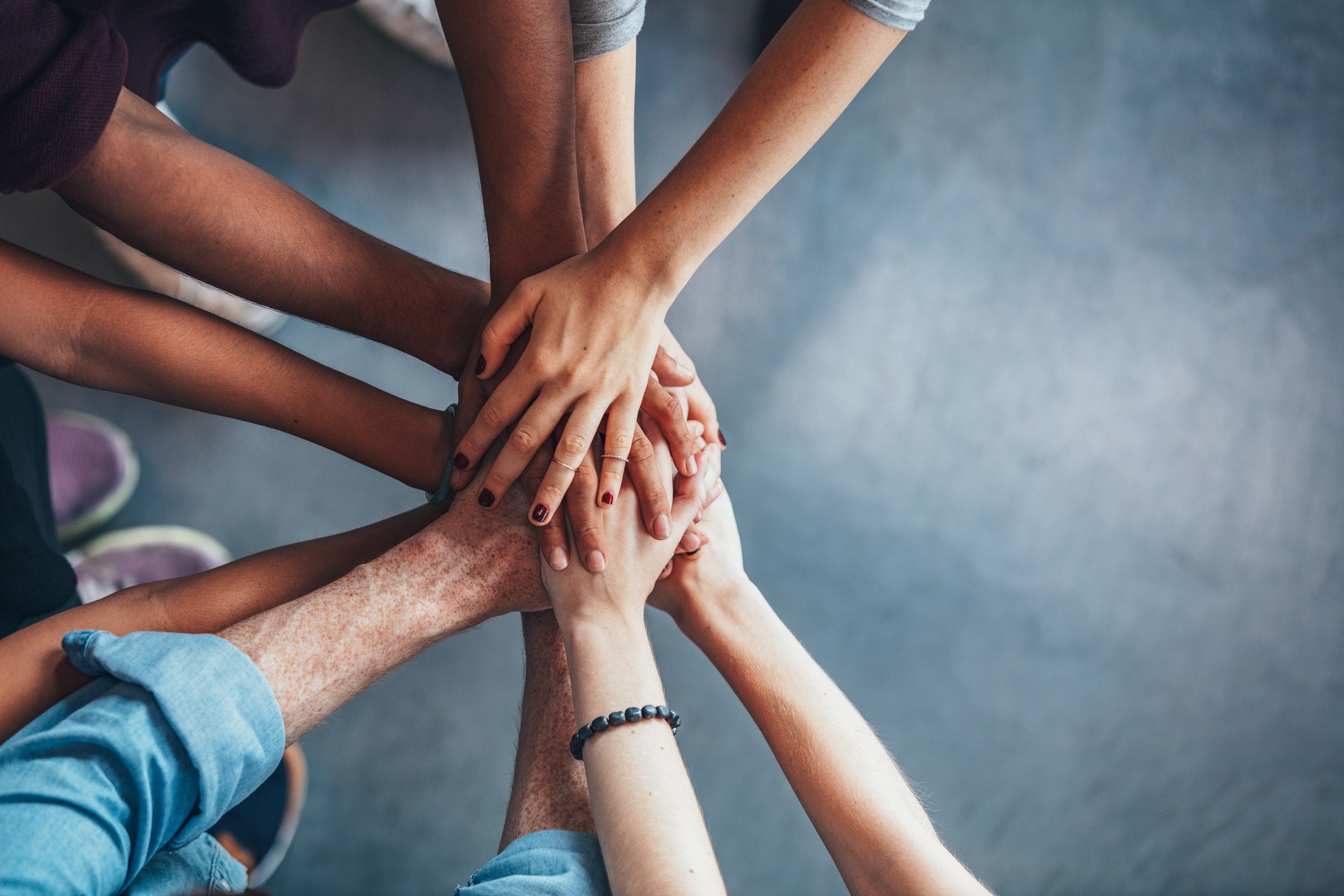Embarking on a journey from addiction to recovery unveils a path of profound personal transformation. The process often instills a deep sense of gratitude and the desire to offer support to others who are facing similar challenges. Finding purpose through helping peers navigate their recovery can reinforce one’s commitment to sobriety and foster a healing community spirit. In this article, explore how those who have weathered the storm of addiction can give back and contribute to the cycle of recovery for others.
Volunteer Opportunities for Recovering Addicts to Support Others
Volunteering to help others on their road to recovery offers profound fulfillment, especially for recovering addicts who bring a unique understanding of addiction’s nuances. Their roles can range from speaking at events to assisting with recovery resources, each opportunity fostering growth and healing. Many recovery centers, including those offering heroin addiction treatment in Scottsdale, seek volunteers to inspire current patients, providing companionship and support to those beginning their treatment.
Non-profit organizations focused on addiction prevention also need volunteers for community outreach programs. These roles allow individuals to educate others about substance abuse risks and encourage healthier lifestyles. Peer recovery coaching and harm-reduction initiatives offer additional pathways for volunteering, requiring compassion and a genuine desire to make a difference. In these capacities, recovering addicts play a crucial role in supporting others on their journey to sobriety.
The Transformative Power of Giving Back in Addiction Recovery
Giving back to those struggling with addiction can transform lives for both recipients and providers. Recovery individuals often find a deeper meaning in helping others, serving as a beacon of hope and a testament to a brighter future. Contributing to the recovery community serves as a reminder of progress and reinforces personal commitments to sobriety. It enhances psychological well-being and provides a buffer against potential relapse.
Sharing experiences with those in early recovery stages solidifies one’s understanding of sobriety principles. Organizations and initiatives welcome individuals in recovery, offering various avenues for giving back, providing valuable life lessons and skills for personal and professional growth. The empathy and understanding derived from one’s own addiction experience make individuals effective in reaching out to those in need.
Starting Peer Support Groups: Sharing Your Recovery Journey
Peer support groups provide a safe space for individuals to share their experiences and triumphs, offering a compass for others in their addiction recovery journey. These groups, based on mutual respect and shared responsibility, help individuals develop leadership skills, improve communication, and build a network of support beyond the group.
The shared narrative can offer hope and practical strategies for others in similar situations. Regular sharing of recovery stories reinforces sobriety and offers valuable insights for others. The bonds formed within these groups can last a lifetime and serve as a constant source of strength in maintaining a sober life.
Leveraging Your Own Experiences for Advocacy and Education
Individuals in recovery can use their firsthand experiences with addiction to drive change through advocacy and education, helping to shift public perception and influence policy. By sharing their stories in schools, workplaces, and community events, they can combat stigma, enlighten others on the signs of addiction, and highlight the importance of early intervention.
Advocates can collaborate with health professionals, law enforcement, and legislators to push for more compassionate approaches and critical services like counseling and treatment facilities. Earning a substance abuse counseling degree online can enhance their ability to contribute effectively, ensuring recovery resources are accessible and addiction is met with empathy and understanding.
The Role of Mentorship in Strengthening Your Sobriety and Helping Others
Mentorship is a crucial aspect of addiction recovery, fostering trust and guidance. It is a way for individuals to look up to someone who embodies the hope and resilience needed to overcome addiction. Mentors not only provide companionship but also model behaviors and attitudes that contribute to sustained recovery.
They help mentees navigate setbacks, celebrate victories, and develop life skills. This connection often strengthens mentors’ resolve to stay sober. The role of a mentor requires patience, dedication, and a commitment to personal growth and others’ welfare. It involves setting boundaries, providing constructive feedback, and active listening. The ripple effect of mentorship is profound, as mentees grow and become mentors themselves, creating a network of shared strength.
Overall, overcoming addiction allows individuals to positively impact others, enriching their lives and strengthening their sobriety commitment. This cycle of giving and growth benefits everyone, creating a compassionate and understanding society that embraces the needs of those struggling with addiction.





